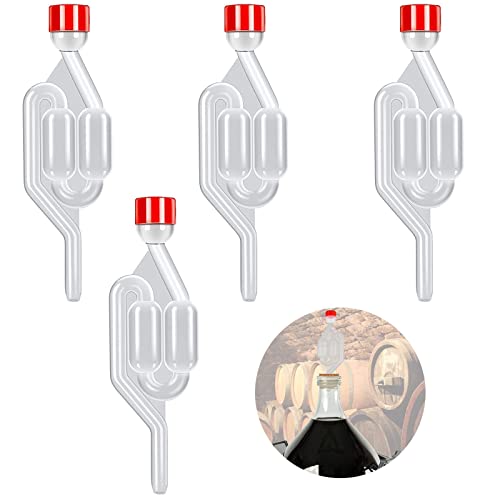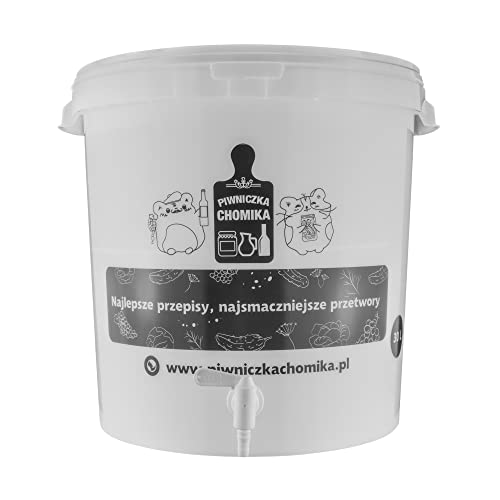It's SO much easier not having to faff about with water treatment. My dark beer dont' need it because London water is great for Stouts/Porters/Mild. I'm going to continue acidifying my bitters for a while but having read your posts about just using gypsum I think I might do an experiment whith making a beer that I have used previously acidified the water and added a gypsum addition to make it and make the exact same beer but just add the same amount of gypsum. Then compare, to see what, if any difference there is.
My water is very different from yours of course. But I have made great dark beers with no treatment, which contradicts all the advice. It seems Marble are doing the same. So I guess, do what works for you.



















![BREWING THERMOMETER STICKERS ACCURATELY MONITOR FERMENTING BEER & WINE LIQUID TEMPERATURES 5PCS HOME BREW SPIRITS WINE LCD ADHESIVE [US]](https://m.media-amazon.com/images/I/311DDjo2X3L._SL500_.jpg)




















